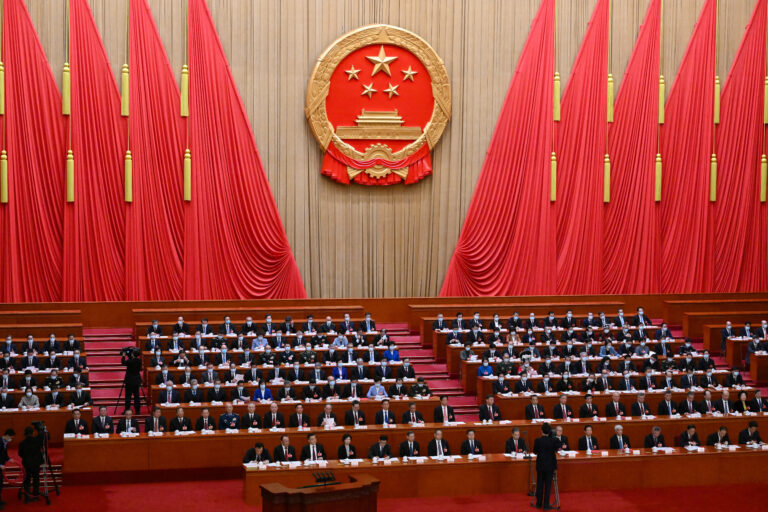

CHINA COUNTER ESPIONAGE LAW UPDATE
Businesses should examine and update their existing processes and policies to ensure that they address the expanded scope of espionage activities in the new law. Meanwhile, corporations doing business in China must prepare for and insulate themselves from the risks inherent in the new law. The United States should also assure the PRC that it is not using its private sector businesses for intelligence and security purposes. The United States should pressure the Chinese government to clarify the meaning of the law, in order to safeguard the interests of American businesses in China. The United States should push back on this threat to its economic interests, with help from corporations themselves. State Department updated its travel advisory for China last week, citing the “risk of wrongful detentions.” High-profile detentions of Western business travelers have also sparked concerns. In a recent EU Chamber of Commerce survey, nearly two-thirds of businesses reported that doing business in China has become more difficult, and six in ten reported that it has become more politicized in the past year. China’s crackdowns against foreign corporations have been rising, including detention of employees. Moreover, the threat environment and timing of the revisions are concerning. Some analysts believe topics such as the origin of COVID, China’s pandemic death toll, and even attempts to collect or discuss accurate data on China’s economy could all fall under the revised law.

The ambiguous scope of the law chills speech within China. The Global Times has reported that China will step up law enforcement against foreign corporations. China’s counter-espionage Chief has also called for a crackdown on espionage activity under the new law. Ambassador to China Nicholas Burns, major law firms, the American Chamber of Commerce, and other business interests have raised fears. public and private sectors must work together to manage this threat. To avoid foreign businesses being unwitting weapons as tensions rise between the United States and China, the U.S.

Its nebulous language allows China significant leeway to investigate and prosecute foreign corporations. The law creates new risks for foreign companies, business travelers, academics, journalists, and researchers. businesses about an increased risk of doing business in China, citing the revised law. The United States National Counterintelligence and Security Center, part of the Office of the Director of National Intelligence, warned U.S. intelligence agency to issue a public warning.

CHINA COUNTER ESPIONAGE LAW SERIES
The Anti-Espionage Law is the latest in a series of fifteen national security-related laws passed in recent years to strengthen China’s security state, but this one caused a U.S. On July 1, updates to China Anti-Espionage Law came into effect, sending waves of anxiety through foreign business communities in China. The latest brick in China’s “ Legal Great Wall” was laid last week. (Photo by GREG BAKER / AFP) (Photo by GREG BAKER/AFP via Getty Images) AFP via Getty Images May 9 a raid by authorities on US consultancy Capvision's offices in the country was aimed at safeguarding its "national security and development interests". A building official stands outside the Capvision office in Beijing on May 10, 2023.


 0 kommentar(er)
0 kommentar(er)
